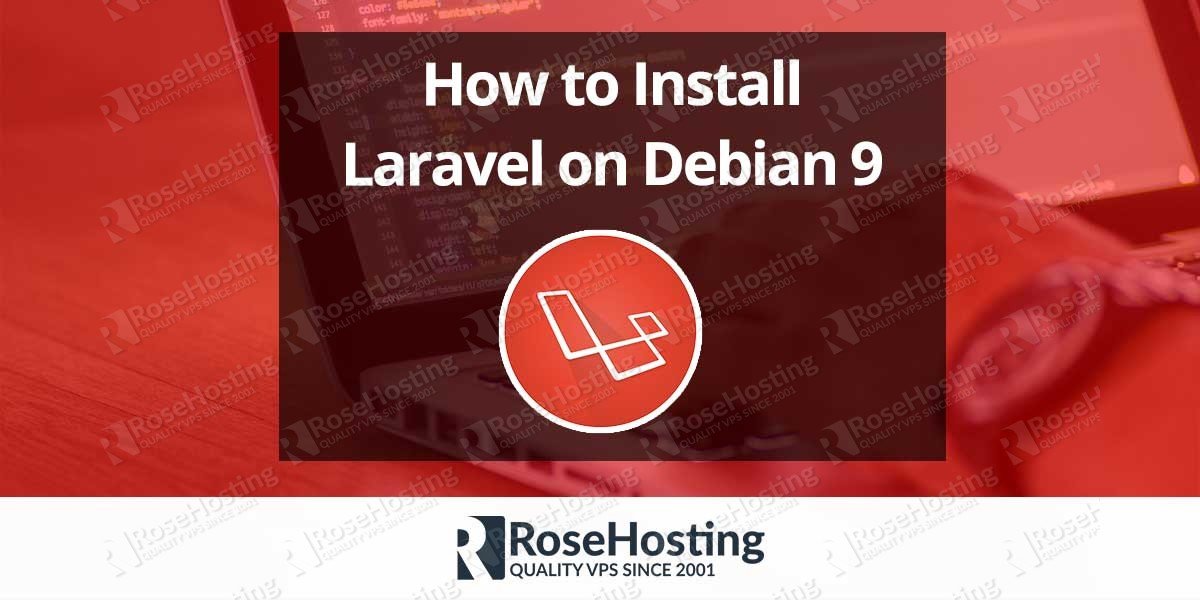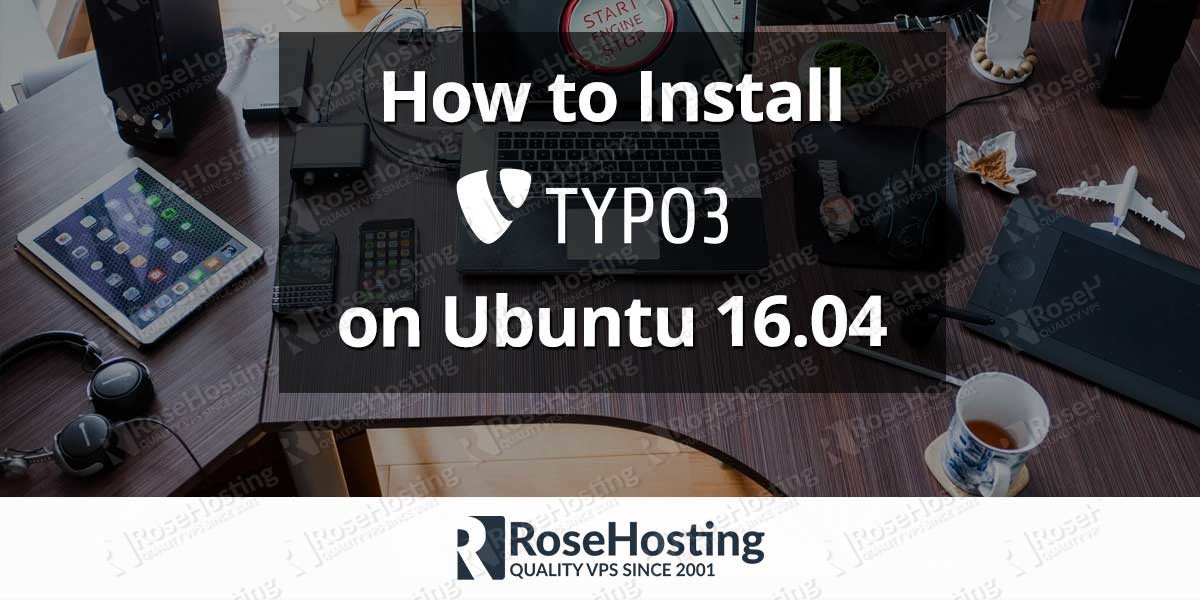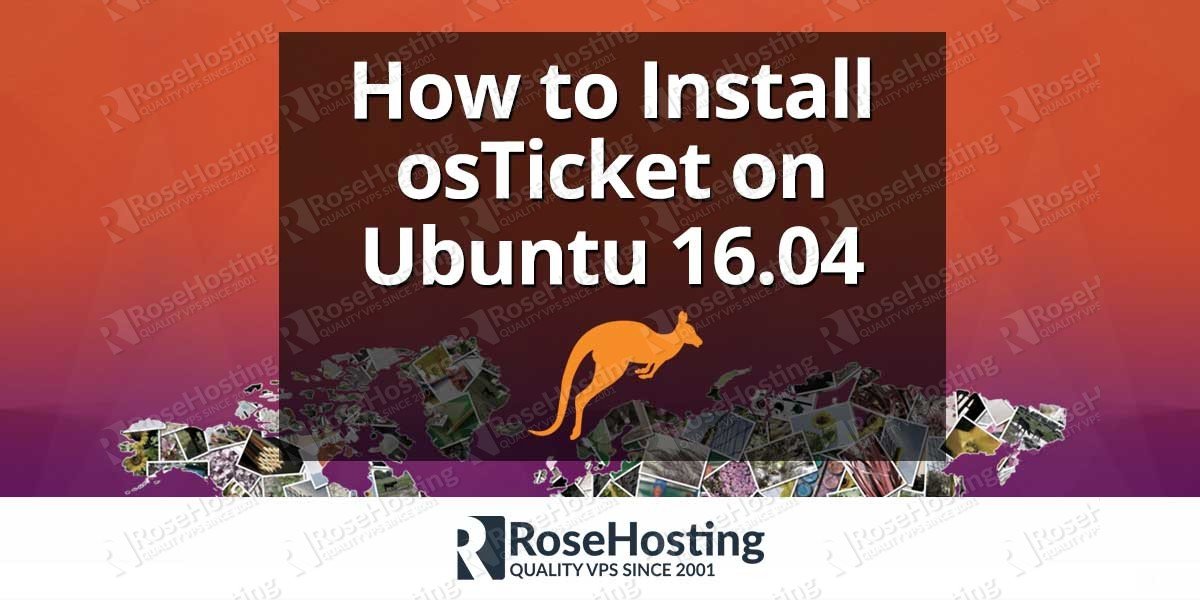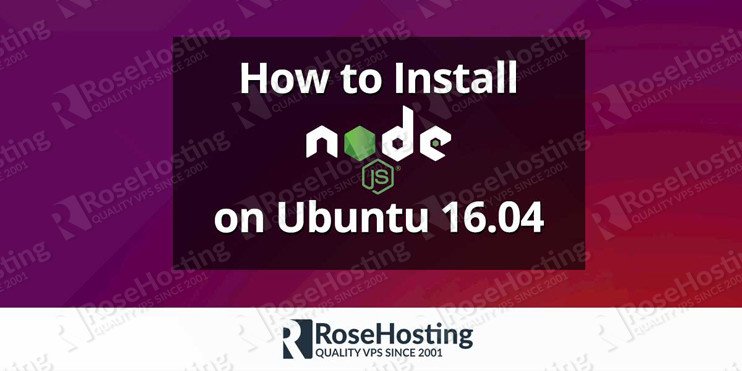In this 7-step guide, we will show you how to install Laravel on Debian 9. We’ll install Laravel together with PHP-FPM and Nginx. Laravel is a next generation of PHP framework, and it’s the most popular open-source PHP framework lately. It is intended for the modern, rapid development of web applications, following the MVC model. Installing Laravel (The PHP Framework For Web Artisans, its how they called it) on Debian 9 is an easy task and it should take few minutes to finish it. This guide should work on other Linux operating systems, but was written and tested for Debian 9. Let’s get started!
How to Install pip on Debian 9
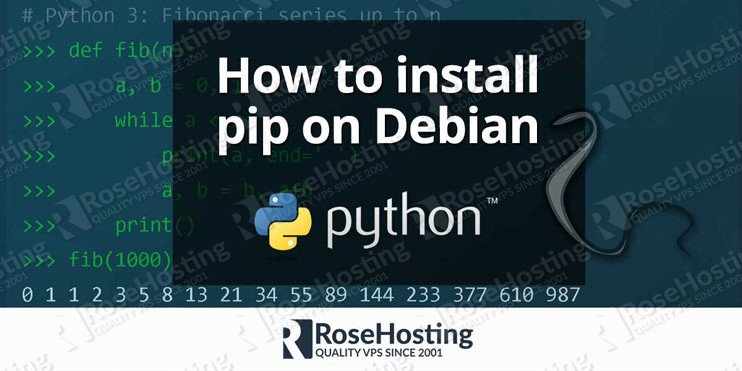
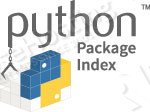
We will show you, how to install pip on Debian 9. Pip is a package management system which you can use to install and manage packages written in Python. Python is a programming language that allows you to perform web development, software development, system administration, scientific and numeric data analysis and much more. The Python Package Index (PyPI) hosts thousands of third-party modules for Python and you can install any of these modules using the pip package manager. Installing Pip on Debian 9 is really an easy task, just follow the steps below carefully and you should have pip installed on a Debian 9 VPS in a few minutes.
How to Install TYPO3 on Ubuntu 16.04
In this tutorial we will install TYPO3 on Ubuntu 16.04, with Apache web server, MariaDB and PHP. TYPO3 is completely free and open source content management system (CMS) written in PHP. It allows users to create websites even if they don’t have an experience in web development. TYPO3 is very easy to use and it is an effective tool for small sites as well as multilingual sites of large corporations, and it makes it a great alternative to the most popular CMS platforms like WordPress, Joomla, and Drupal. Installing TYPO3 on Ubuntu 16.04 is fairly easy task, just follow the steps below carefully.
How To Install Redmine on Ubuntu 16.04
In this guide we will show you, how to install Redmine on Ubuntu 16.04. Redmine is an open source cross-platform and cross-database issue tracking, and web-based project management application built on top on the Ruby on Rails framework. This guide should work on other Linux VPS systems as well but was tested and written for Ubuntu 16.04 VPS. Installing Redmine on Ubuntu 16.04, is quite easy task, if you carefully follow our tutorial below.
How to Install osTicket on Ubuntu 16.04
In this tutorial, we will show you, how to install osTicket on Ubuntu 16.04, using a LEMP stack, with Nginx as a web server, MySQL database server and PHP 7.0. osTicket is a free and open source support ticket system written in PHP. It’s a simple and lightweight tool, which you can use to manage, organize and archive your support ticket requests. Installing osTicket on Ubuntu 16.04, is an easy task if you carefully follow this tutorial below. Let’s get started.
How to Rename Multiple Files on Linux
We’ll show you, how to rename multiple files on Linux . Every operating system in the modern world comes with several ways to interact with its file system. Whether it’s creating files, renaming them, copying them, or deleting them, they all come with functionality to efficiently carry out all of these tasks. However, one operation that most operating systems fall short with is renaming several files at the same time. Whether you need a pattern that the files need to follow, or if you just want to rename many files at one time, renaming files can be quite tedious.
Luckily, renaming software can help us solve this issue. In this tutorial, we will go through several options for batch renaming of files on Debian-based systems, as well as RHEL-based (RedHat Enterprise Linux) systems.
How To Install Node.js on Ubuntu 16.04
We’ll guide you, how to install Node.js on Ubuntu 16.04. Node.js is an open source JavaScript runtime built on Chrome’s V8 JavaScript engine and can be used to build different types of server-side applications. Node.js runs on most operating systems, including Linux, OSX and Windows. In this tutorial, we will guide you through the steps of installing Node.js on an Ubuntu 16.04 VPS. The installation of Node.js on Ubuntu 16.04, can be done using several different methods:
How to Install RPM Packages On Ubuntu

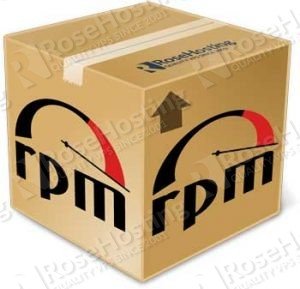
We will show you how to install RPM packages on Ubuntu. Debian-based systems such as Ubuntu and RedHat-based systems such as CentOS are mostly similar in their design. However, there are a few differences here and there. For example, RedHat-based systems use .rpm files for representing software packages, while Debian-based systems use .deb files. These file types differ from one another in their design, and cannot be installed outside of their respective type of operating systems (e.g. installing a .deb file on CentOS, or installing a .rpm file on Ubuntu). However, there are ways to port these packages to other types of systems. Installing RPM packages on Ubuntu VPS is a fairly easy task if you carefully follow the guide below. Let’s get started!
